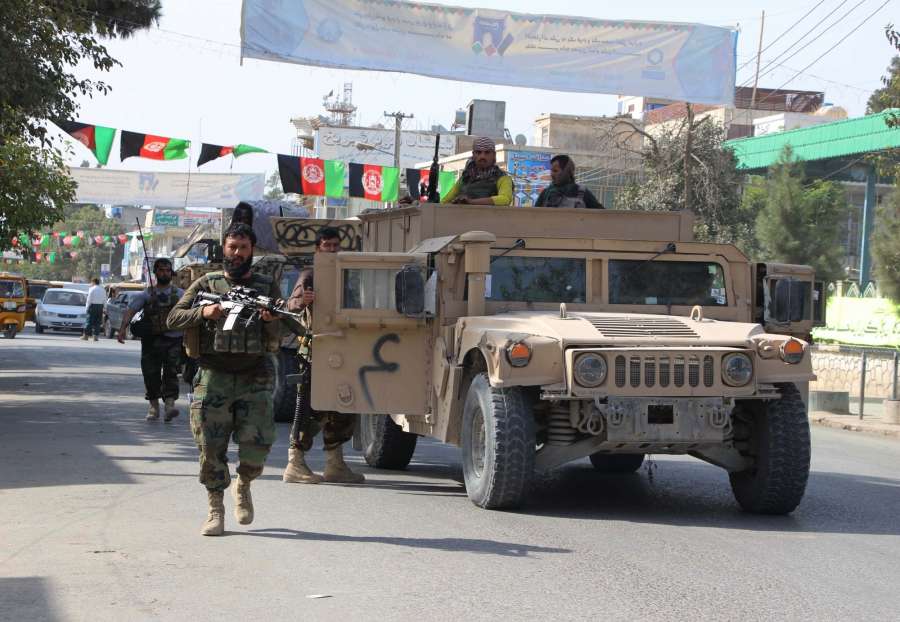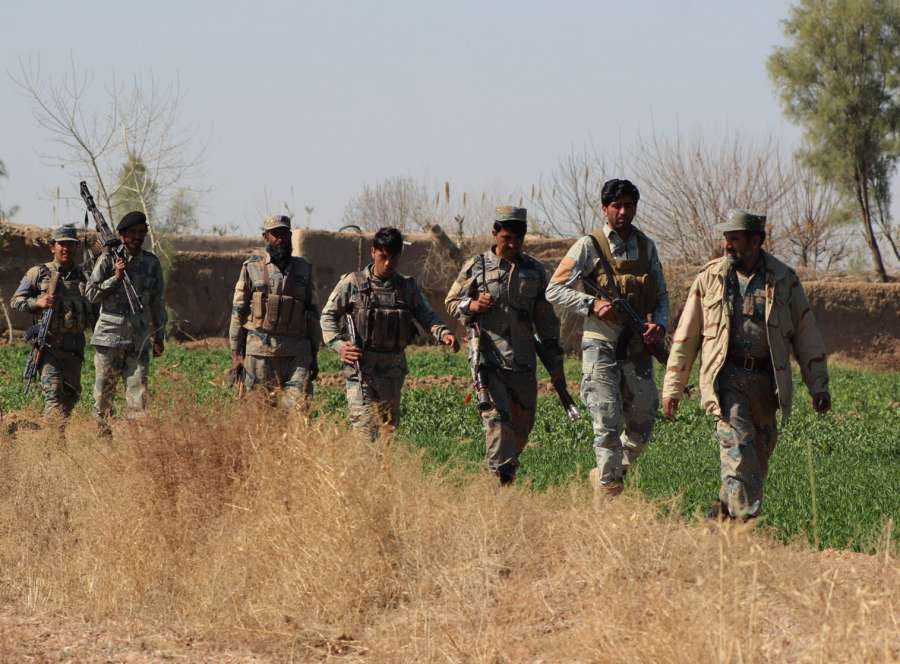

At a time when Afghan Taliban, the United States and the Ashraf Ghani government of Afghanistan are on the verge of initiating the intra-Afghan dialogue, Pakistan government has issued a statutory notification, ordering imposition of sanctions on those Afghan Taliban leaders and groups, including the Haqqani Network, who are on the United Nations Security Council (UNSC) sanction list.
In the notification, the government has enforced immediate steps including assets freeze, travel ban and arms embargo on the Afghan insurgent group, the Haqqani Network.
Government sources confirmed that the step has been taken in compliance with the UNSC sanctions against the group.
As per the government source, Section 10 of the statutory notification aka SRO, explained the purpose of issuance of the new SRO which maintained “in exercise of the powers conferred by Section 2 of the United Nation’s Security Council Act 1948, the Federal Government is pleased to order that the Resolution 2255 (2015) be fully implemented” in reference to the Taliban leaders and affiliated entities listed in the annexure attached to it.
The SRO holds importance as it has been issued after the review meeting on the progress made against terror financing and money laundering by the Financial Action Task Force (FATF). Pakistan has been working on the implementation of the 27-point action plan, and the action is necessary if it wants to get off the grey list of the global watchdog list.
Pakistan government has also passed laws from the upper and the lower house (Senate and National Assembly) to meet the FATF requirements.

The SRO, issued on August 18, 2020 has also been issued in line with the same compliance with an aim to get Islamabad out of the FATF grey list and save it from being pushed into the black list, which may be disastrous for the cash-strapped economy of the country.
“The SRO issued by Pakistan on 18 August 2020, only consolidates and documents the previously announced SROs as a procedural measure and does not reflect any change in the Sanctions List of sanction measures,” said Zahid Chaudhri, spokesperson of Pakistan’s Ministry of Foreign Affairs (MOFA).
“Upon any change by the Committee (UN Security Council Taliban Sanctions Committee), all states including Pakistan implement these Sanctions,” he added.
It is pertinent to mention here that a similar SRO was issued by Pakistan on Daesh and Al-Qaeda with similar bans imposed on all individuals and entities associated with the groups. And a similar order was issued to list Jamat-ud-Dawa (JUD), Lashkar-e-Taiba (LeT) and all groups and individuals including Hafiz Saeed, in the country’s terror list, seizing their assets, bank accounts and imposing travel bans.


